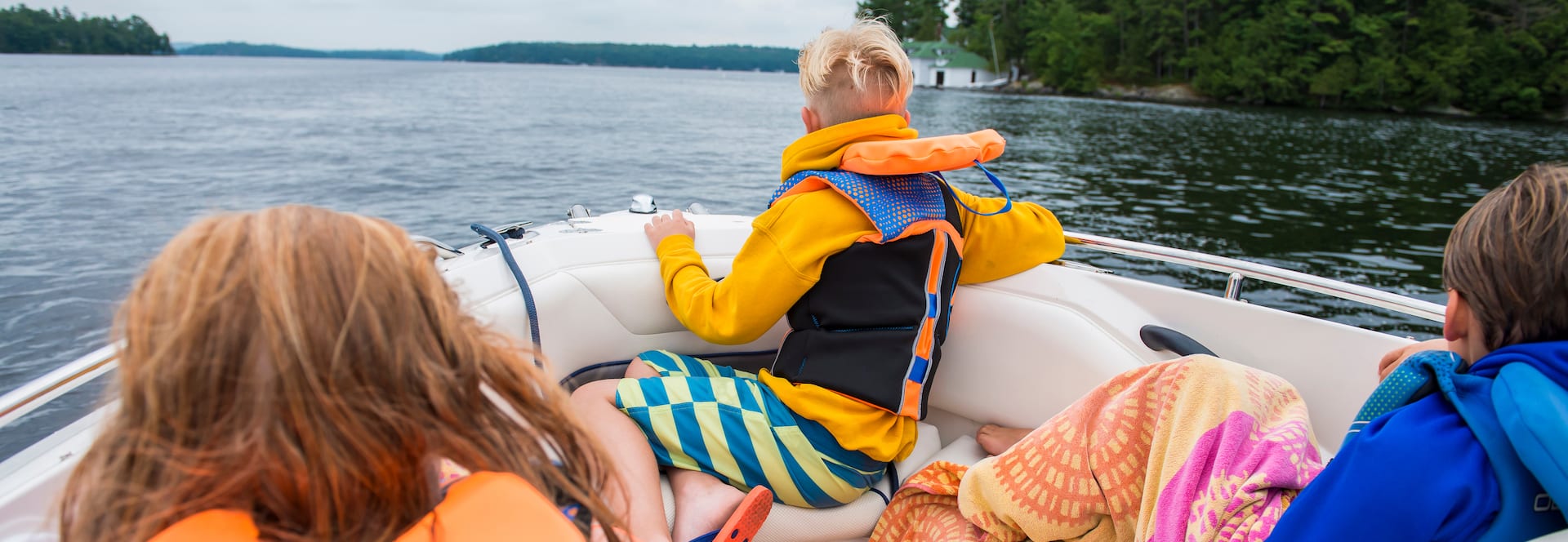
There were two reported water-related deaths this Memorial Day – the same number as last year, but still too many on a holiday meant to mark the start of the summer. While both these deaths were from drowning, drowning is not the only danger from pools and other water activities. Even competent swimmers may slip and hit their heads, or dive into shallow water. In pools, drain (or suction) entrapment can cause drowning by pulling a child underwater.
Taking Precautions at Home
If your home has a backyard pool, take additional measures to prevent injuries to guests, especially children. Always provide supervision when children are using the pool. Install strong fencing around the pool with a self-closing gate and childproof lock.
A sturdy pool cover designed to keep children and pets out of your pool is a good backup system to have in addition to the fence. If it locks, it will also keep neighborhood children from trespassing into your pool area when you’re not at home. There are pool alarms that sound a loud siren when someone enters the pool. They come in a variety of designs ranging from floating devices that go off when the water level is disturbed, to permanent sensors installed on the edge of the pool. Additionally, remove toys from the pool area when it is not in use so that they won’t tempt small children.
It is always a good idea to begin teaching children to respect pool rules from an early age. That includes no running, no diving except where allowed, and no horseplay.
Be sure to keep water rescue equipment within reach near your home pool, post the “pool rules” in an obvious place, install safety ladders in the deep areas of the pool, and make sure your pool deck surface is slip resistant. Family members should take basic swimming lessons; first aid, CPR and water rescue classes are also a great idea.
Community Pool or Lake
Many Georgia neighborhoods maintain a community pool. This can often be a safer option, with lifeguards, or at the least, extra sets of eyes to watch for problems. But pools used by a larger population are more at risk to carry infections, such as skin and GI problems caused by bacteria like cryptosporidium or pseudomonas. Individuals with lowered immunity, those who are recovering from illness or with open sores, should avoid swimming in community pools. Not surprisingly, kiddie pools and interactive fountains (like the kind at Centennial Olympic Park) rank poorly for hygiene.
And lakes are not any safer: Naegleria fowleri is an amoeba that travels up the nose to infect the brain. Although not common, it is almost always fatal. More common are injuries from boaters or jet ski users, many under the influence of alcohol. If you are planning to cool off at Lake Lanier Lake Allatoona or on the Chattahoochee this summer, consider these safety tips:
- Never swim alone
- Swim in designated areas only
- Be aware of weather conditions
- Children should wear life vests
- Hold your nose when jumping into the water
- Don’t mix alcohol with your water activities
The metro Atlanta area provides its residents with a host of great venues in which to beat the summer heat. Let’s keep them safe for everyone to enjoy this summer in a pool or lake.